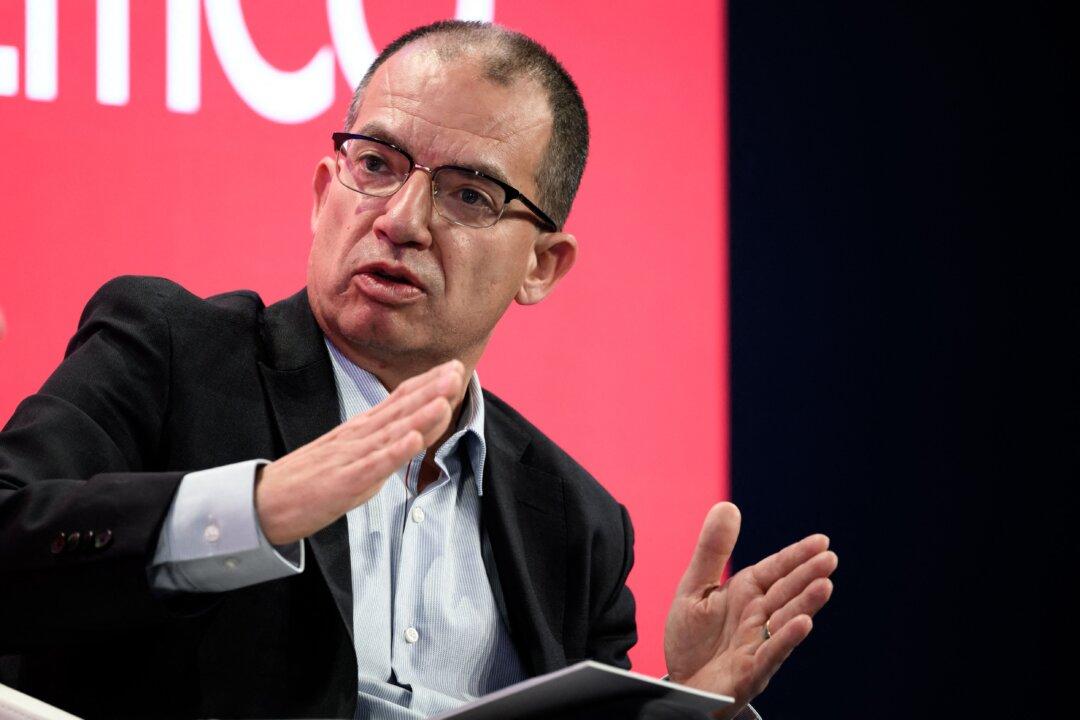The CEO of Moderna announced his company has a program that involves injecting messenger RNA (mRNA) into people’s hearts following a heart attack.
“We are now in a super exciting program where we inject mRNA in people’s hearts after a heart attack to grow back new blood vessels and re-vascularize the heart,” Stephane Bancel, the CEO, told Sky News in a recent interview.





